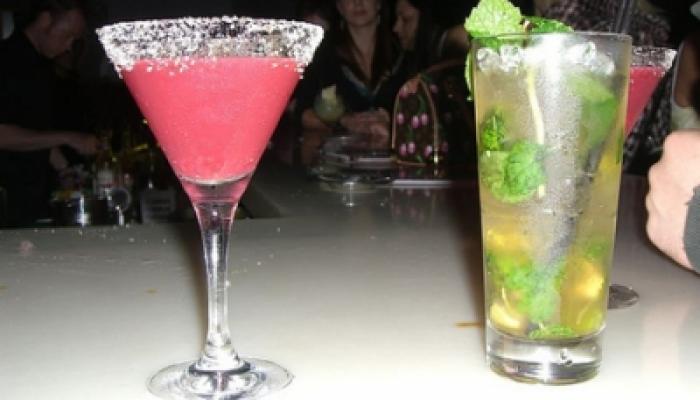Havana, January 6 (RHC)-- Nearly three weeks after President Obama announced that the U.S. will begin to soften a half-century-long freeze in diplomatic relations with Cuba, Peter Kornbluh, the co-author of “Back Channel to Cuba” and the director of the Cuba Documentation Project at the National Security Archive in Washington, D.C., spoke to “Power Players” for the ABC news during a recent trip to Havana and said that tourism will be the most immediate and obvious change.
“The first change you're going to see is U.S. citizens who come to Cuba going back with a couple of bottles of rum and a box of cigars that they haven't been able to do for years now,” Kornbluh said.
Kornbluh said the United States’ long-standing blockade on Cuba has not only cut off the flow of goods, capital and tourism between the two nations. It has also cut U.S. people off from an opportunity for cultural exchange.
"They are missing their opportunity to spend time on a beautiful Caribbean island, they're missing their opportunities to hear the music of Cuba, to see the culture of Cuba, to explore … a history that has been dominated by the way of the intervention of the colossal of the North on this little Socialist island,” he said. “And I think that Cuba is a bitter fruit if you will that has attracted a lot of people. But once people come here they find that they love it.”
Kornbluh also cited an eventual extension of credit from multilateral institutions and a planned U.S. State Department delegation visit to Cuba as major changes to come.
But after more than 50 years at a standstill in U.S.-Cuba relations, President Obama decide now it was the time to make the change due to three main imperatives, Kornbluh pointed out.
“One very immediate [imperative was] the mental health of Alan Gross, the USAID subcontractor who had been in a Cuban prison for five years,” Kornbluh said. “The second imperative was a regional one. Both Cuba, for the first time, and the United States have been invited to the summit next April in Panama, and Barack Obama faced this window of opportunity, in which he really had to take some steps to change Cuban policy if he wasn't going to just get hammered at this regional summit."
And the third imperative, Kornbluh said, was the president’s legacy. “He really has only has a short window of time … to make a dramatic change in U.S. foreign policy that he himself has been saying since he was elected more than six years ago needed to be done."
In making the change, Kornbluh said Obama did something that no U.S. president since Eisenhower has done: “Fundamentally change the course of U.S. policy towards Cuba, burying the hatchet of the past and ending the perpetual antagonism in U.S. Cuban relations."
“By the time the summit of the Americas takes place in Panama in April of 2015, I think that the whole world is going to be acclimated to the idea that the United States and Cuba have normal diplomatic relations,” Kornbluh said. “The past is going to fade quickly, I think, and the future is going to be a whole lot more promising.”


